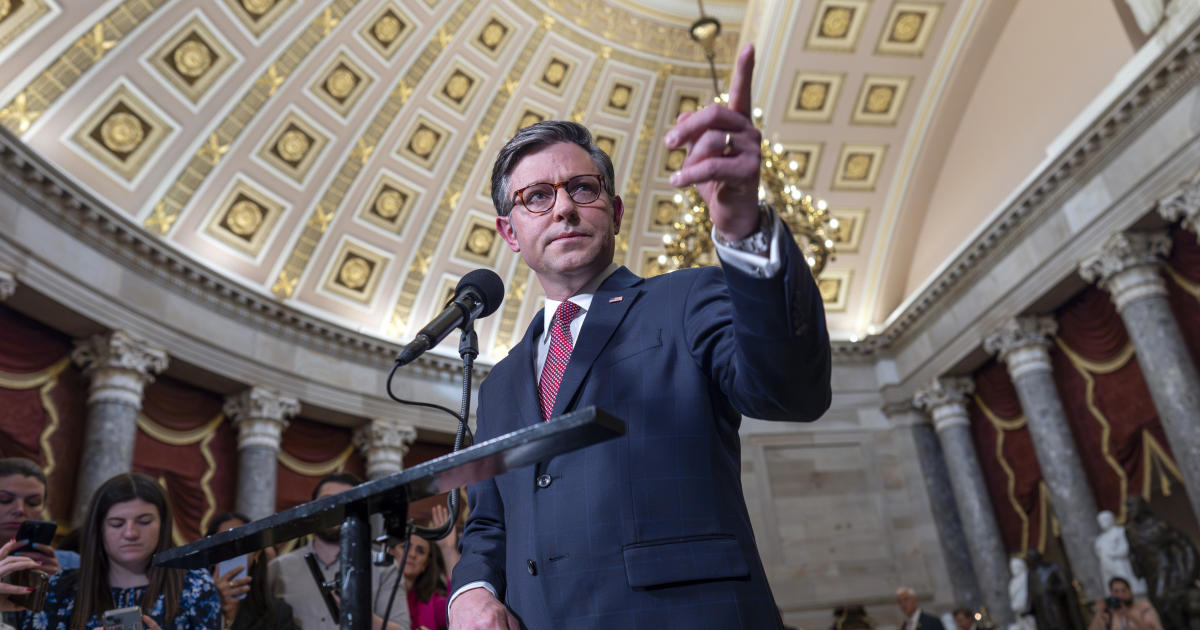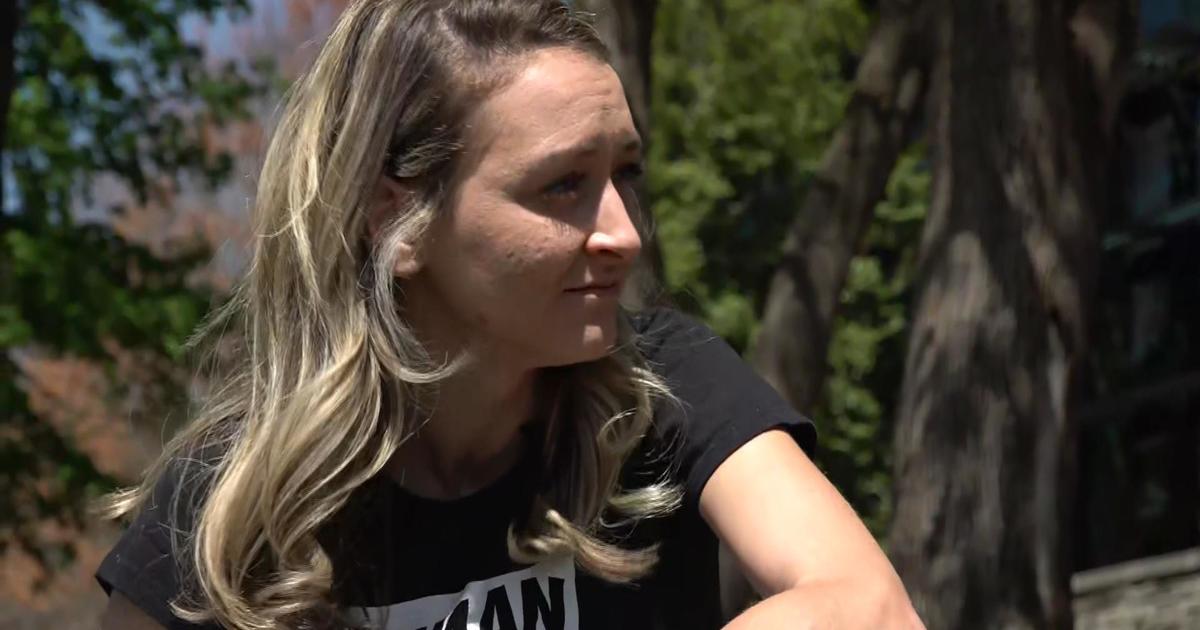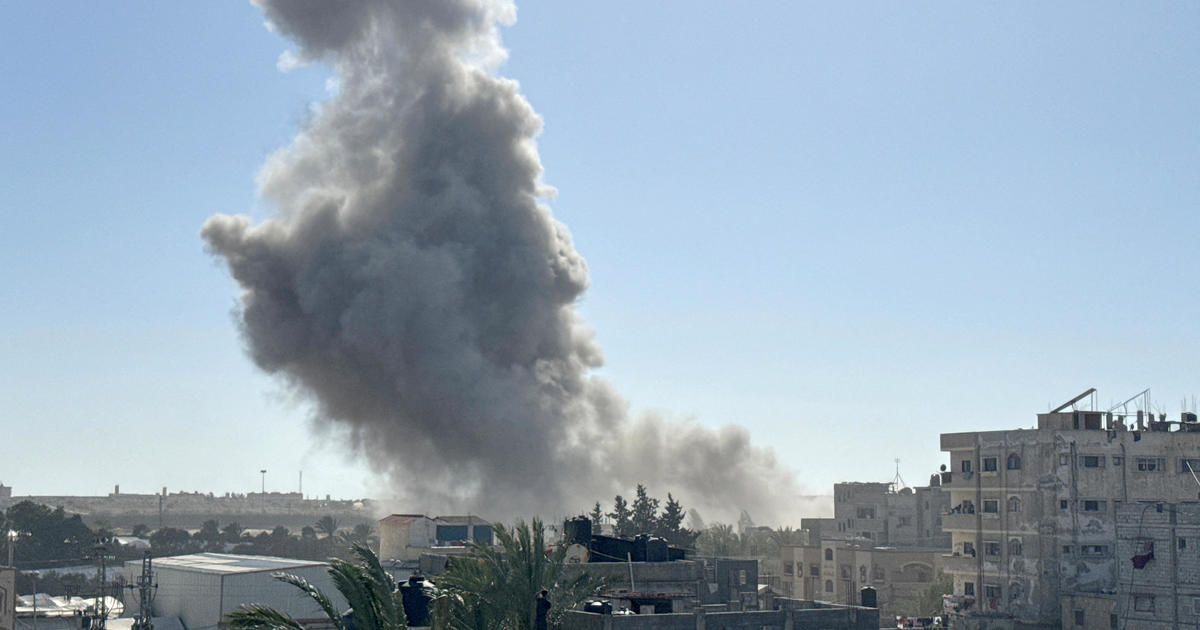Refugee group's CEO shares concerns over Trump's ban
On Friday, President Trump delivered on one of his most controversial campaign promises, signing an executive order to bar refugees from entering the United States for four months and all Syrian refugees indefinitely.
The order also puts a 90-day hold on visitors entering from seven Muslim-majority countries – Iraq, Syria, Iran, Sudan, Libya, Somalia and Yemen. The president said that these measures are necessary to “keep radical Islamic terrorists out.” But this paints a very different image from the refugees who are actually admitted into the U.S.
“Half of the refugees who are arriving in the U.S. are under the age of 14, so a lot of them are kids. Many of them are coming from war-torn areas,” David Miliband, a former secretary of the United Kingdom, told “CBS This Morning: Saturday.” “We work in Syria, in Somalia… in Afghanistan, where many people are local and are supporting American troops and have been and have a right to come to the U.S. We work abroad with those people, but we also work in 29 U.S. cities where the U.S. honors its historic commitment to be a haven for people fleeing persecution.”
Miliband is the president and CEO of the International Rescue Committee (IRC), an organization devoted to helping refugees. In an op-ed in the New York Times, Miliband chastised the president’s “un-American refugee policy.” But he’s also using this time as an opportunity to clear up common misconceptions surrounding the refugee admissions process.
- Trump signs executive actions on “extreme vetting,” rebuilding military
- Refugee Bana Alabed begs Trump to save Syria’s children
Mr. Trump said the government would still review applications from people fleeing religious persecution and that Christians would be given priority for refugee status According to Miliband, the U.S. has already admitted refugees at a “more or less, one-to-one” ratio based on religion.
“About half – 45 percent are Christians, 45 are Muslims in real figures,” Miliband said. “If I’m being persecuted for political reasons – if I’m a dissonant – why should I get less preferential treatment than if I’m a religious minority? Actually, almost of the Iranians we resettle here are Christians.”
Mr. Trump has also called his administration to come up with an immigrant screening process of “extreme vetting” that would require every applicant to prove he or she will be a “a positively contributing member of society.” But the U.S. already has in place a rigiorous vetting process that could take up to 36 months, Miliband said.
“The average is around 18 months. They have to prove to 12 to 15 different government agencies, including the CIA, that they are who they say they are, that they are going to be safe and that they’re going to be productive residents and citizens of this country. It’s a tough process, including biometric testing,” Miliband said. “It’s tougher to get to the U.S. as a refugee than any other route, be it a visa for a student or tourist or anything else.”
The order would also slash the United States’ refugee quota from the 110,000 originally planned for the 2017 fiscal year to a maximum of 50,000. This leaves 60,000 refugees – many whom have already been vetted -- in limbo.
“Some of them are literally waiting to get on planes. They’ve been through the vetting process and they’re waiting to be told which part of the U.S. you are going to be left in,” Miliband said. “And one of the saddest things about this situation is obviously the immediate situation of the people who are stuck in refugee camps or stuck in terrible urban conditions around the world.”
The president’s orders went into effect immediately. On Friday evening, two Iraqi men were detained at New York’s John F. Kennedy International Airport. According to the American Civil Liberties Union, the men were “threatened with deportation even though they had valid visas to enter the United States.” Their lawyers have now filed a lawsuit against the president. One of the detainees was later released.
In Cairo, six U.S.-bound migrants -- five from Iraq and one from Yemen -- were also prevented from boarding an EgyptAir fight to JFK Saturday.
In addition to these immediate effects, Miliband is concerned that the executive order will send a dangerous message to the world.
“America’s historically been a leader of the humanitarian system, both in terms of its welcome of refugees and sometimes in terms of its overseas aids,” Miliband said.
Miliband also worries this will be a “propaganda gift” to those who want to do harm to the U.S.
“There’s nothing that ISIS wants more than to be able to say to Muslims around the world, ‘Look, we’re the people who protect you. America will never give you a haven.’ And that in the long-term is one of the most dangerous things.”



